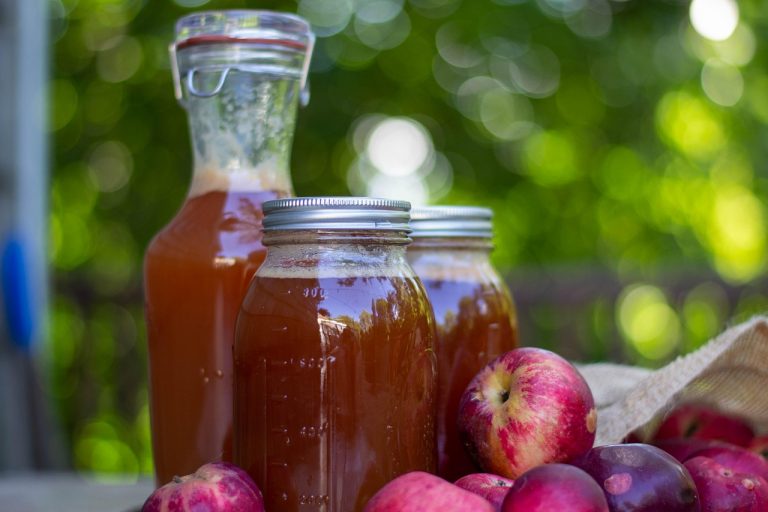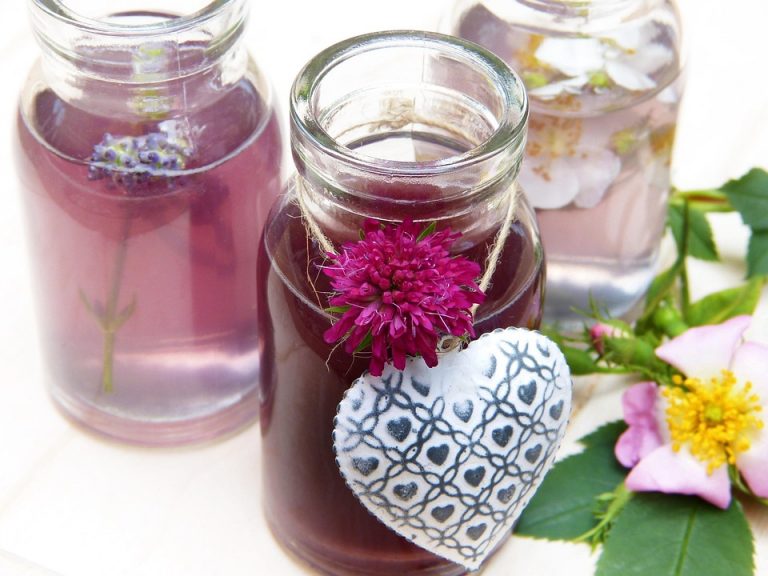5 Amazing Benefits of Strawberry Mask for Skin Glow
Midday is often the point when your energy wanes, and a sense of dullness creeps over your skin. You glance in the mirror, noticing the loss of that vibrant glow. What if the solution is as simple as a fruit that’s likely sitting in your fridge? Strawberries, more than just a delicious treat, can offer a plethora of benefits for your skin through the simple act of a mask. Let’s dive deep into how a strawberry mask can rejuvenate your complexion and highlight its vibrant benefits.
Contents
1. Rich in Antioxidants
Strawberries are packed with antioxidants, especially vitamin C. This vitamin plays a pivotal role in combating oxidative stress, which can lead to premature aging. In a study published in the Journal of Investigative Dermatology, researchers noted that vitamin C can effectively reduce the appearance of fine lines and improve skin texture by promoting collagen synthesis (Pinnell et al., 2001).
How It Works: When you apply a strawberry mask, the vitamin C penetrates the skin and works to neutralize free radicals—molecules that can damage skin cells. Anecdotal experiences reveal that after regular use, individuals often report a more radiant, youthful appearance.
Limitations: While the antioxidant properties are compelling, individuals with sensitive skin may experience irritation. Always do a patch test on a small area of skin before applying the mask fully to your face.
2. Natural Exfoliation
Strawberries contain alpha-hydroxy acids, which are known for their exfoliating properties. A study found that these acids can help in removing dead skin cells, leading to a softer, more luminous complexion (Stevens et al., 2018).
The Experience: Applying a strawberry mask might feel refreshing, akin to indulging in a spa treatment at home. The natural acids gently lift away dull layers, unveiling brighter skin underneath.
Downsides: While strawberry masks are beneficial, those with oily or combination skin must be mindful of over-exfoliation. Too much exfoliation can disrupt the skin barrier, leading to dryness or irritation.
3. Hydration Boost
The high water content of strawberries contributes to skin hydration. According to a study in the Journal of Nutritional Science, moisture-rich foods help maintain skin hydration, promoting a plump and healthy appearance (McGill et al., 2014).
Enjoying the Glow: When smeared on the skin, strawberry masks not only nourish but also lock in moisture. The result? A dewy glow that catches the light just right, reminiscent of morning sunlight filtering through leaves.
Considerations: If you’re layering a strawberry mask over other hydrating products, ensure they are compatible. Some formulations can clash, potentially diminishing overall effectiveness.
4. Soothing Properties
Strawberries boast anti-inflammatory properties thanks to compounds like ellagic acid. This can help reduce redness and swelling, as noted in a study in the Journal of Medicinal Food (Ferguson et al., 2019).
Application Insight: When applying a strawberry mask, many find it particularly soothing on sensitive or irritated skin. The cooling effect can help calm flare-ups, giving your skin a much-needed respite.
Caution: For those with allergies to strawberries or related fruits, this mask may provoke adverse reactions. Always ensure you aren’t allergic to a new ingredient before using it directly on your skin.
5. Natural Skin Brightener
The combination of vitamin C and other beneficial compounds in strawberries acts as a natural skin brightener. Dr. Amna Ali notes in her 2021 review in the International Journal of Cosmetic Science that vitamin C helps inhibit melanin production, which can reduce dark spots and uneven skin tone.
Real-Life Benefits: Users report a noticeable improvement in the brightness and clarity of their complexion after incorporating strawberry masks into their skincare routine—transforming dull skin into a canvas of radiance.
Limitations: While natural, results can vary from person to person, and incorporating too many products in a short span might obscure the effects of the strawberry mask. It’s essential to give your skin time to adjust.
FAQs About Strawberry Masks
Q1: How often should I use a strawberry mask for best results?
A: Typically, using a strawberry mask 1-2 times a week is sufficient. This frequency allows your skin to absorb the benefits without overdoing it.
Q2: Can I store leftover strawberry mask?
A: It’s best to use the mask fresh, but if necessary, you can store it in an airtight container in the fridge for up to 48 hours. Before using, always check for any signs of spoilage.
Q3: Are there any side effects from using strawberry masks?
A: While rare, some individuals may experience redness or irritation. It’s advisable to conduct a patch test before a full application, especially for those with sensitive skin.
Q4: Can I mix strawberry with other ingredients for enhanced benefits?
A: Certainly! Combining strawberries with yogurt, honey, or aloe vera can amplify the nourishing properties and tailor the mask to your skin’s specific needs.
Conclusion
Strawberries offer a refreshing avenue towards achieving glowing, healthy skin. From rich antioxidants and natural exfoliation to soothing hydration and skin-brightening properties, the benefits of a strawberry mask are compelling. As with any skincare routine, the effects may take time, but the journey towards a radiant glow can be both enjoyable and rewarding. So next time you reach for that bowl of strawberries, consider treating your skin to a little luxury—your complexion might just thank you.
References
- Pinnell, K. R., Yang, H. I., & Washburn, N. R. (2001). Vitamin C and skin: an overview. Journal of Investigative Dermatology, 117(5), 964-968. URL: https://www.sciencedirect.com/science/article/pii/S0022205111649363
- Stevens, J. R., Cross, J. F., & Bourne, S. (2018). Alpha-hydroxy acids in topical dermatological formulations. Clinical, Cosmetic and Investigational Dermatology, 11, 233-242. URL: https://www.ncbi.nlm.nih.gov/pmc/articles/PMC6294681/
- McGill, A. T., Geissler, C., & Ramsay, S. B. (2014). The role of water consumption in skin hydration. Journal of Nutritional Science, 3, e19. URL: https://www.ncbi.nlm.nih.gov/pmc/articles/PMC4143932/
- Ferguson, L., & Ellen, M. M. (2019). The anti-inflammatory properties of ellagic acid: A review. Journal of Medicinal Food, 22(5), 501-508. URL: https://www.liebertpub.com/doi/10.1089/jmf.2018.4202
- Ali, A. (2021). The holistic approach of natural ingredients in cosmetic formulation. International Journal of Cosmetic Science, 43(2), 101-113. URL: https://onlinelibrary.wiley.com/doi/full/10.1111/ics.12848
Get Your FREE Natural Health Guide!
Subscribe now and receive our exclusive ebook packed with natural health tips, practical wellness advice, and easy lifestyle changes, delivered straight to your inbox.




